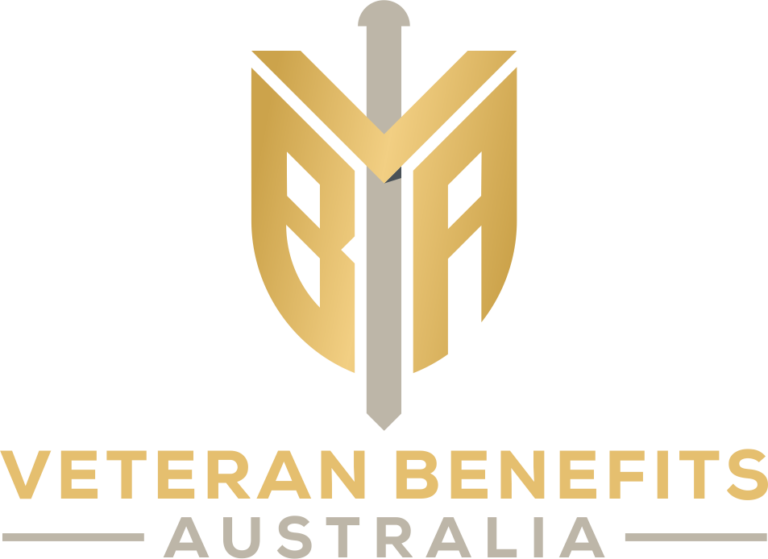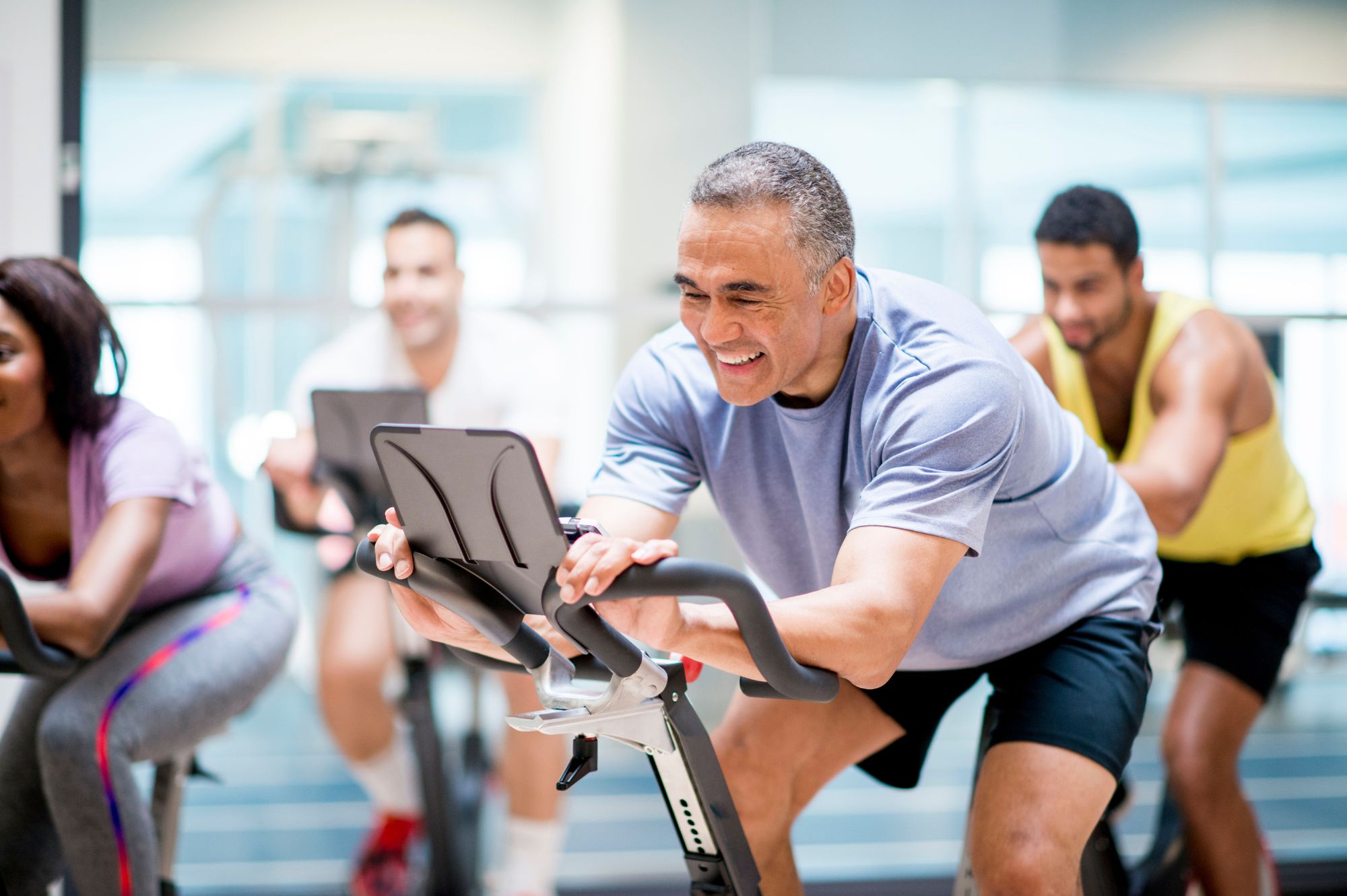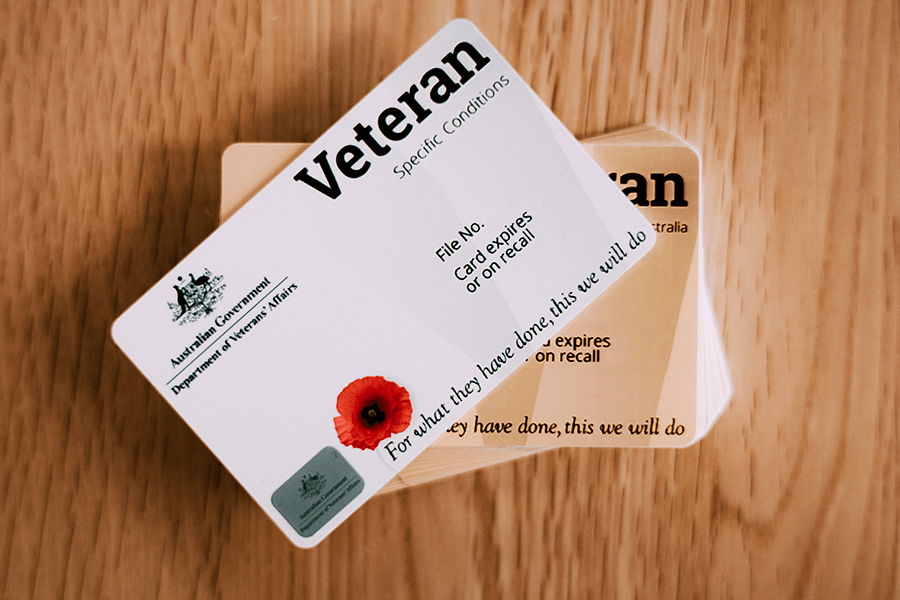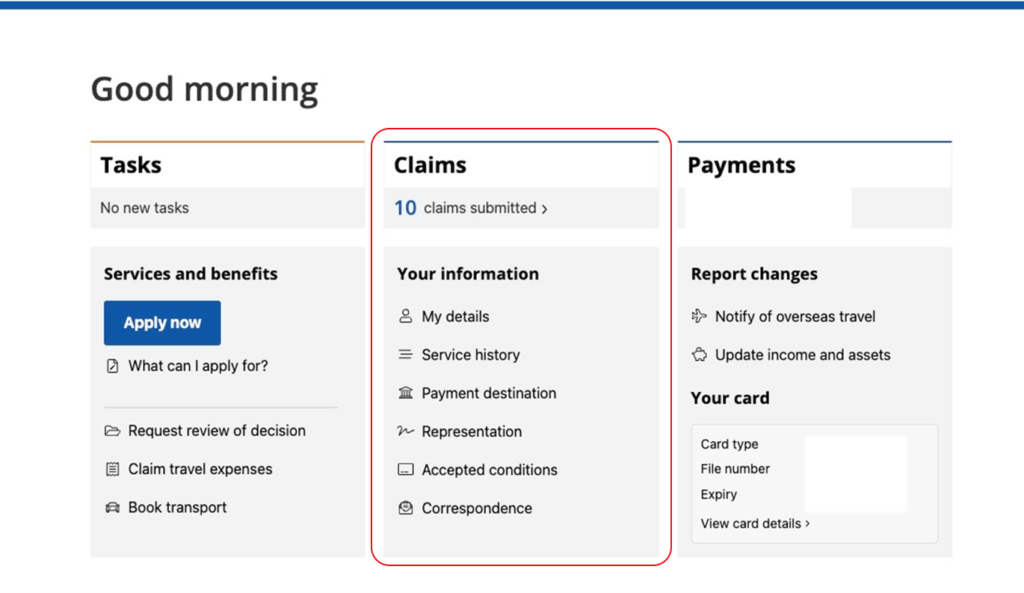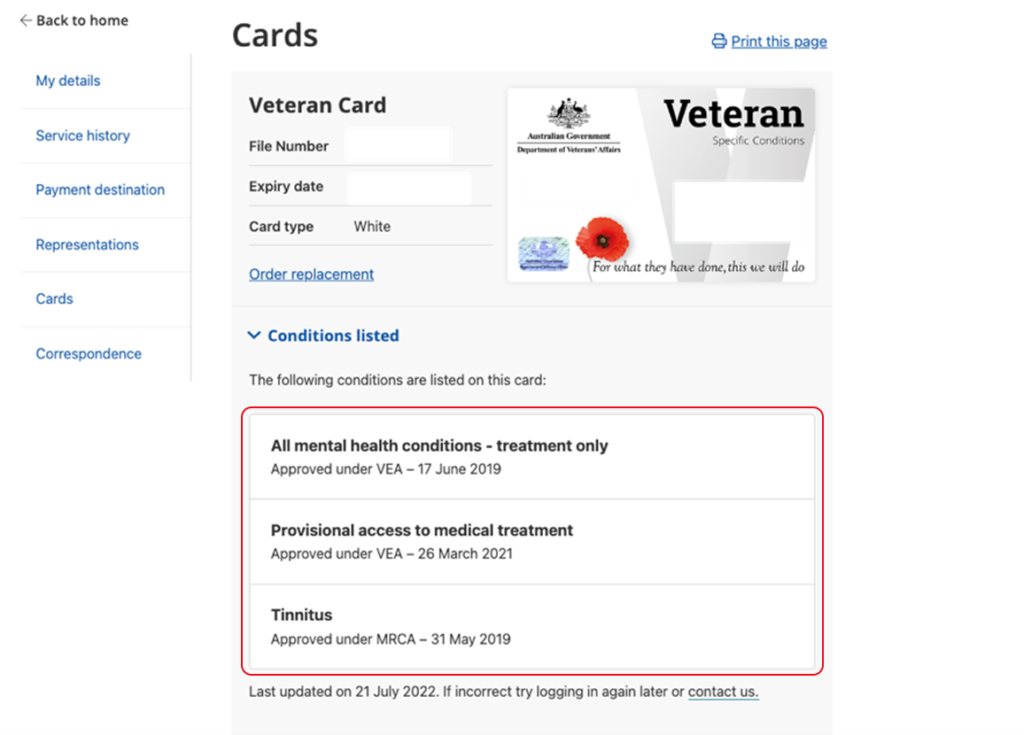Today, we’re diving into the world of functional fitness, especially tailored for our brave Aussie veterans. Whether you’ve just swapped your boots for civvies or you’ve been navigating civilian life for a while, staying active and healthy is crucial.
But let’s ditch the jargon and talk about practical exercises that fit into real-life situations you face every day.
What's Functional Fitness Anyway?
In simple terms, functional fitness is all about exercises that prepare your body for daily tasks. Think about squatting, lifting, bending, and twisting. It’s the kind of fitness that makes everyday activities easier, reducing your risk of injury and improving your quality of life. And for veterans, it’s not just about staying fit; it’s about enhancing physical and mental resilience.
 Why It Matters for Veterans
Why It Matters for Veterans
As a vet, you’ve done more than your fair share of physically demanding work. Now, it’s time to focus on maintaining your fitness in a way that supports your lifestyle outside the service. Functional fitness can help manage chronic pain, improve mobility, and tackle those unique health challenges many veterans face. Plus, it’s a fantastic way to keep the blues at bay, boosting your mood and energy levels.
Enter the Exercise Physiologist
An exercise physiologist specialises in the science of movement and physical activity. They’re not just trainers; they understand the chronic conditions many veterans deal with and how exercise can be tailored to address these issues safely and effectively.
Here’s How They Can Help:

- Personalised Plans: They assess your individual health needs and goals, crafting a customised workout plan that addresses your specific challenges.
- Safe Exercise Techniques: Veterans, especially those with injuries or chronic conditions, need to exercise safely. An exercise physiologist ensures your routine is effective while minimising the risk of injury.
- Motivation and Support: They’re your coach, cheerleader, and sometimes even a bit of a drill sergeant. But most importantly, they’re there to keep you motivated and on track.
- Holistic Approach: They often work as part of a multidisciplinary team, ensuring your exercise plan complements other treatments you might be receiving.
Getting Started with Functional Fitness
Alright, let’s get into the nitty-gritty. Incorporating functional exercises like squats, push-ups, planks, lunges, and the farmer’s carry into your routine can significantly impact your daily life. And with an exercise physiologist in your corner, you’re set up for success from the get-go.
Tips for Keeping It Safe and Enjoyable

- Consult an Expert: Before diving in, have a chat with an exercise physiologist to get a clear, safe starting point.
- Start Slow and Build Up: Your exercise physiologist will help set a pace that’s right for you, aiming for steady progress without overdoing it.
- Listen to Your Body and Your Expert: Both will tell you what’s working and what’s not, helping you adjust as needed.
- Mix It Up: Variety isn’t just the spice of life; it’s also key to a balanced fitness plan. Your exercise physiologist can introduce new exercises to keep things interesting.
- Set Realistic Goals: Together, you can set achievable goals, making the journey to better health a rewarding one.
Here are some functional exercises that you can incorporate into your routine, no fancy equipment needed:

- Bodyweight Squats: Great for your legs and core, squats mimic the action of sitting and standing. They’re essential for building strength for all the up-and-down action in your day.
- Push-Ups: Good old push-ups. They’re not just for boot camp. They strengthen your chest, shoulders, and triceps, making tasks like pushing a lawnmower or a shopping trolley a breeze.
- Planks: Want to build a strong core? Planks are your best friend. A solid core makes it easier to do just about everything, from bending over to pick up the grandkids to maintaining your balance on a rocky trail.
- Lunges: Lunges work your legs and hips, preparing you for activities like climbing stairs or hiking. They’re also fantastic for balance and stability.
- Farmer’s Carry: Grab a couple of weights (or even just a couple of milk jugs) and walk around. It’s a simple way to build grip strength, core stability, and endurance.
Veterans, you’ve served your country with honour, and now it’s time to serve your health and well-being. Functional fitness isn’t about running marathons or lifting massive weights; it’s about building a body that serves you well in everyday life. So, lace up those trainers, get moving, and remember – every step forward is a step toward a healthier, happier you.
Cheers to staying fit and tackling those daily challenges head-on!
